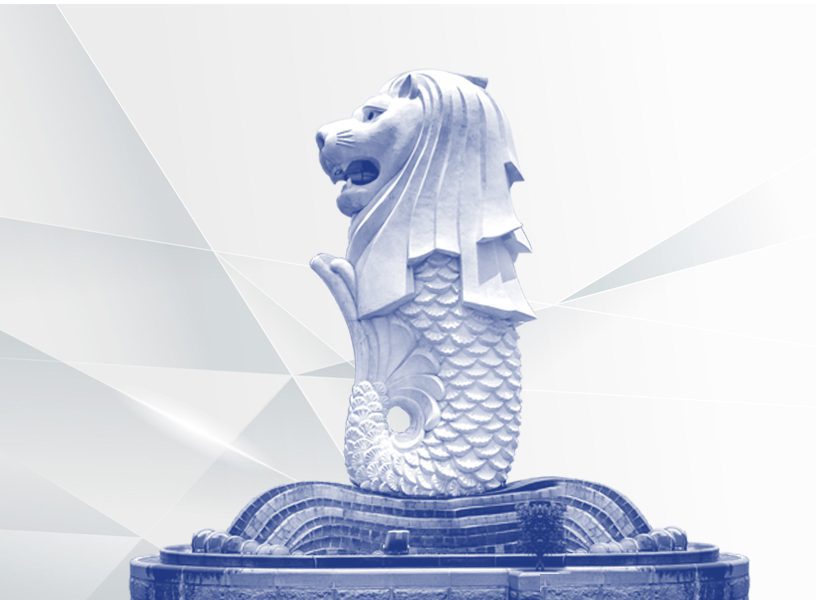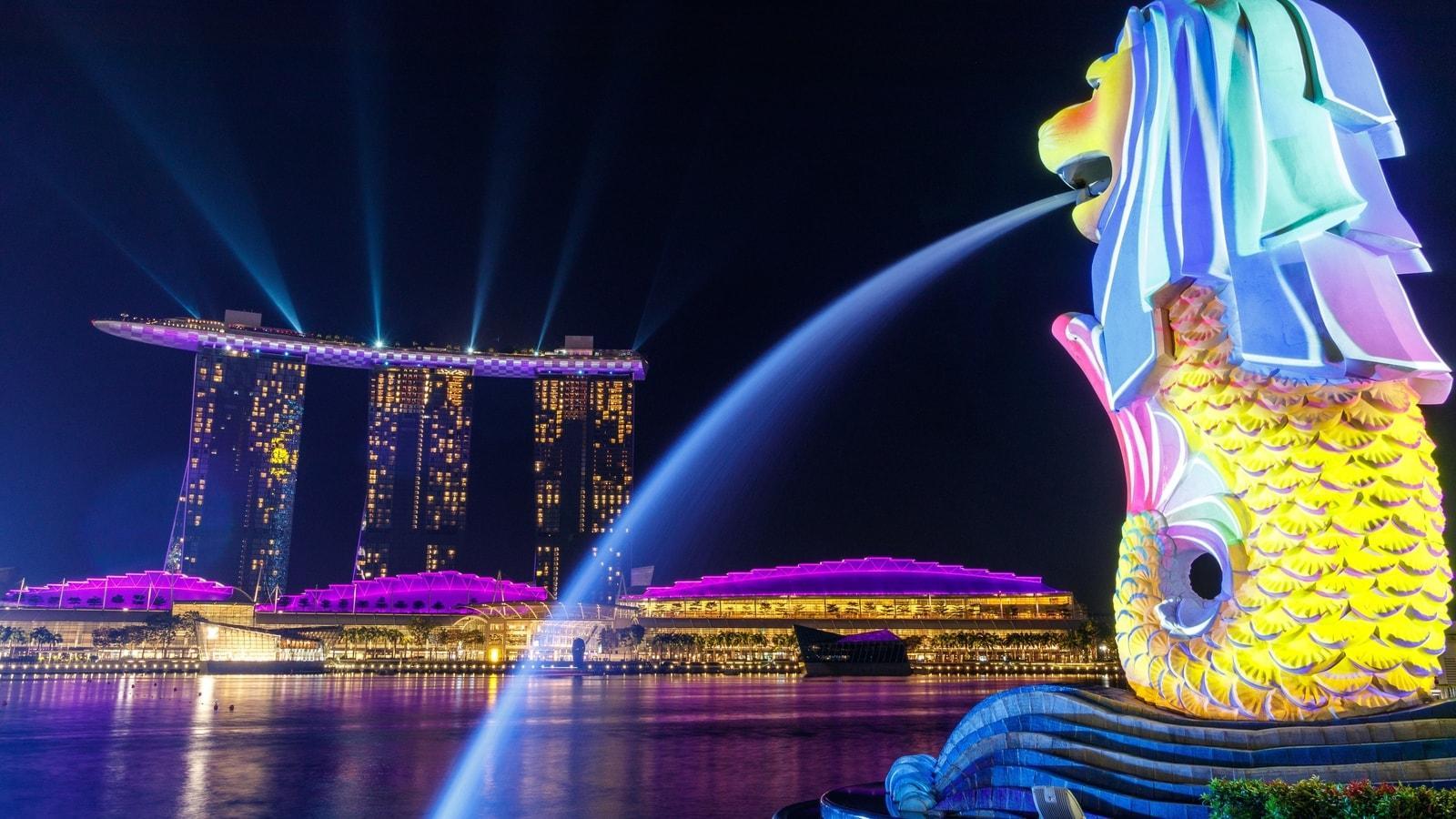The choice of Singapore as the location for this year’s annual International Trademark Association (INTA) meeting is one that we greet with excitement, as the Lion City is a true testament to the power of Intellectual Property. Singapore’s commitment to harnessing IP has been one of the key factors in its current status as an international hub for technological and commercial development.
Despite its relatively small size, Singapore has established itself as one of the continent’s most promising nations. Part of what made their economy so vibrant and strong is the government’s efforts to foster innovation and promote the use of technology. IP-based industries such as pharmaceuticals and electronics have been key in developing its economy. This attitude towards innovation has also transformed the nation into becoming a beacon for tech startups– attracting innovators from across the globe who are drawn to Singapore’s supportive, innovative environment.
Of course, these achievements would not be possible without a robust IP ecosystem. Indeed, Singapore’s IP protection system is strong and efficient, one that has been carefully developed and cultivated for a decade. In 2013, the Singapore government began initiating the Intellectual Property (IP) Hub Master Plan, a ten-year plan for developing and maximizing Intellectual Property for the nation’s benefit. The plan included several impactful programs, such as introducing an IP-Box tax regime and improving both the IP-creating workforce and IP-protecting institutions. Generous financial incentives and tax regimes are also implemented to encourage IP registration. Market Readiness Assistance (MRA) aids Singapore-based companies in defraying a portion of costs (including IP costs) when expanding internationally. Moreover, the Singaporean government also provides tax treaties with other countries for income created through IP.
Other IP-supporting programs implemented by Singapore include IP-Financing Scheme, which provides loaning schemes to help businesses leverage their IP assets. The IP Competency Framework is a program that trains individuals and businesses in developing their IP industry capabilities. And the Singapore Patent Examination Acceleration Programme provides faster patent applications.
In regard to dispute resolution, Singapore has garnered an international reputation for its neutrality and practicality. Most notably, in 2010, Singapore established its own office of the WIPO Arbitration and Mediation Center, the only one outside of Geneva.
International bodies have consistently lauded the country’s comprehensive IP protection system. Achieving high rankings in the list created by the US Chamber of Commerce, the World Intellectual Property Organization (WIPO) and other institutions. Furthermore, Singapore has also been declared the seventh most innovative country according to the most recent Global Innovation Index—a true reflection of the success of their ten-year IP Hub Master Plant.
In conclusion, the choice of Singapore as the location for the 2023 INTA meeting is an excellent one. The country’s strong commitment to IP protection and innovation makes it an ideal location for discussing IP-related issues. Singapore’s commitment to IP and the fruits they bear due to it should inspire other countries looking to build and advance its economy. We eagerly look forward to learning from and gaining new insights about IP in the most inappropriate place for it.
Am Badar & Am Badar will be attending the INTA Annual Meeting 2023. We will have our booth (E26) open to everyone. If you wish to have a direct meeting with us, contact us via ambadar@ambadar.co.id. See you there.







